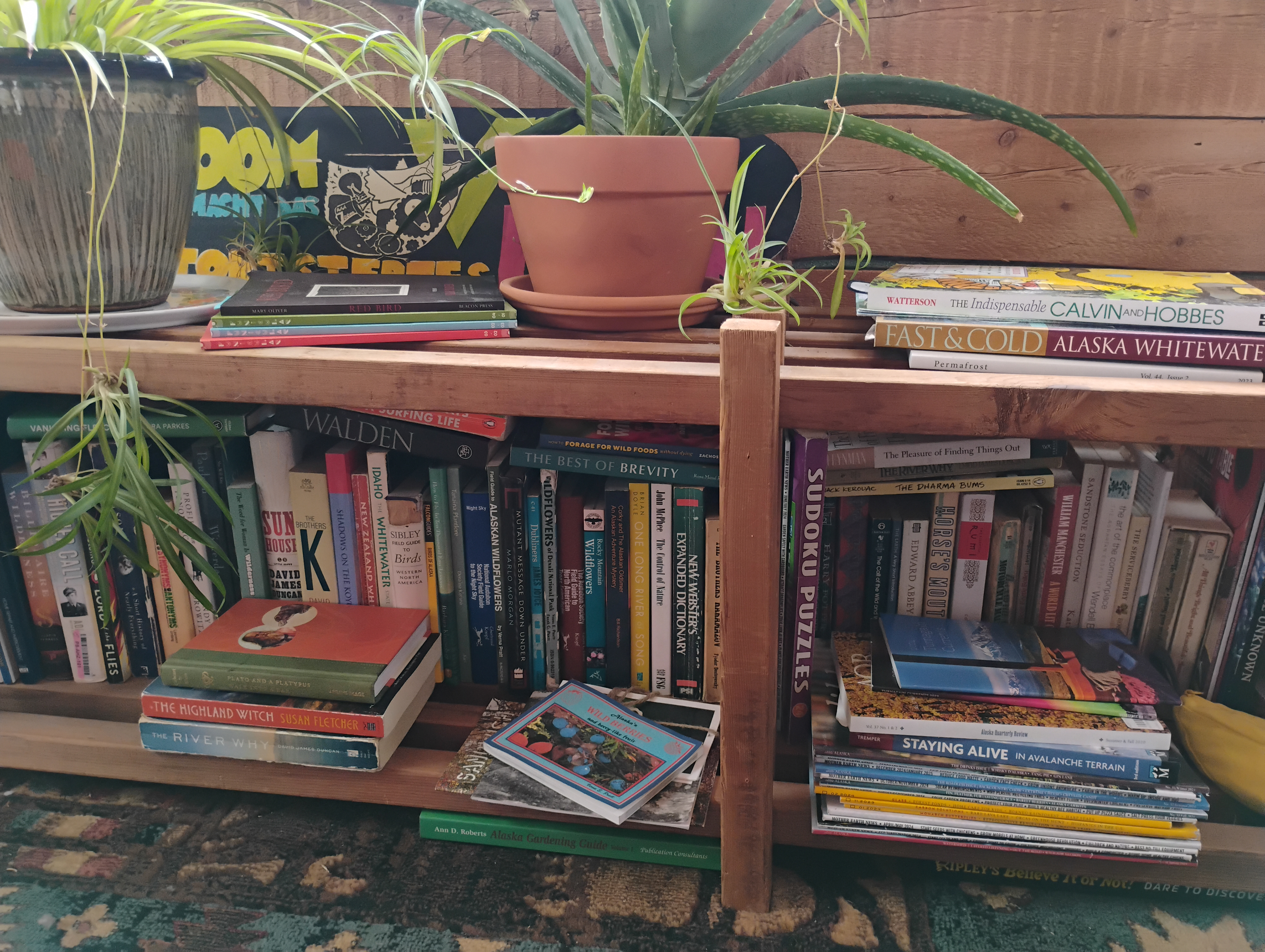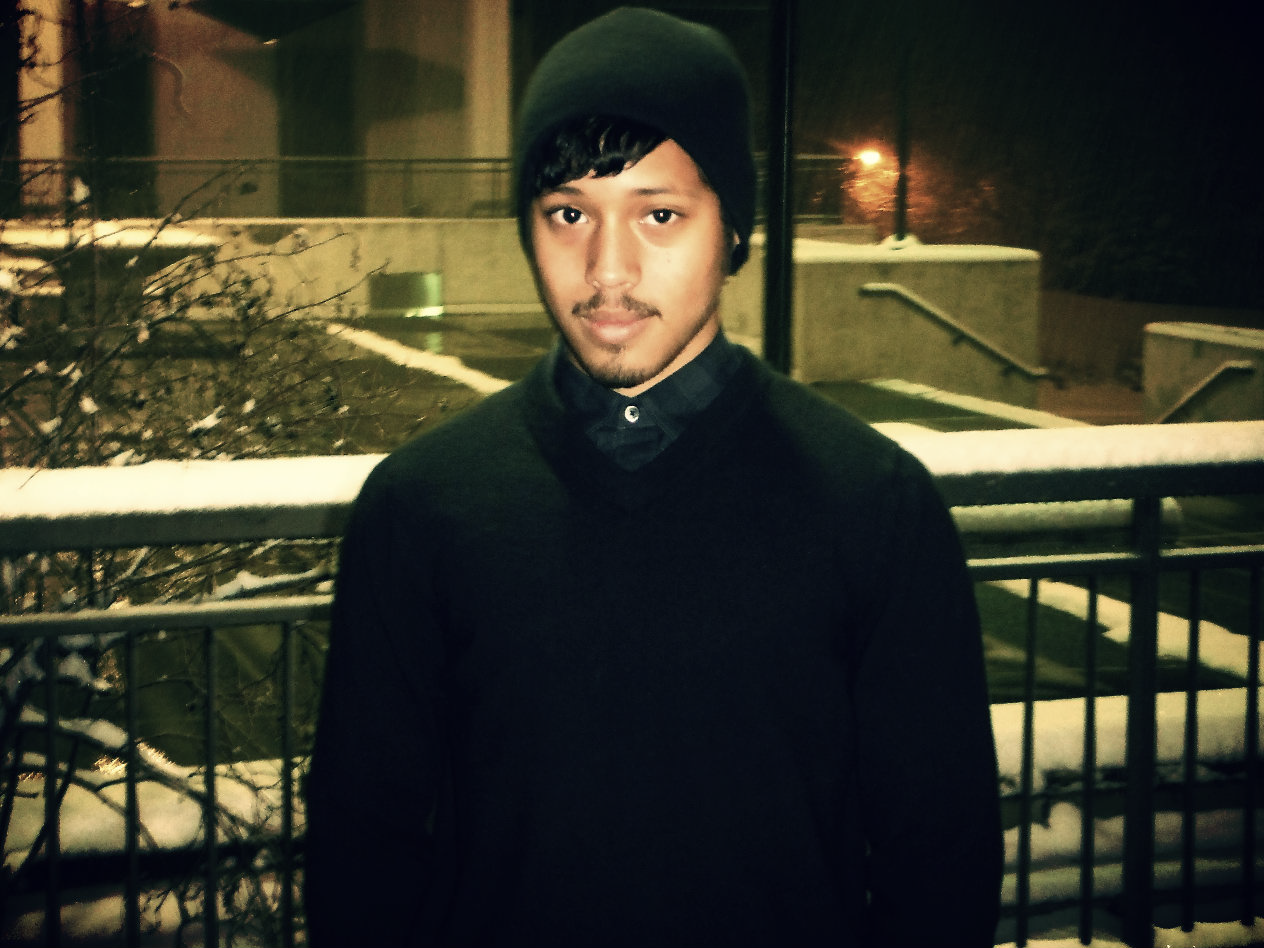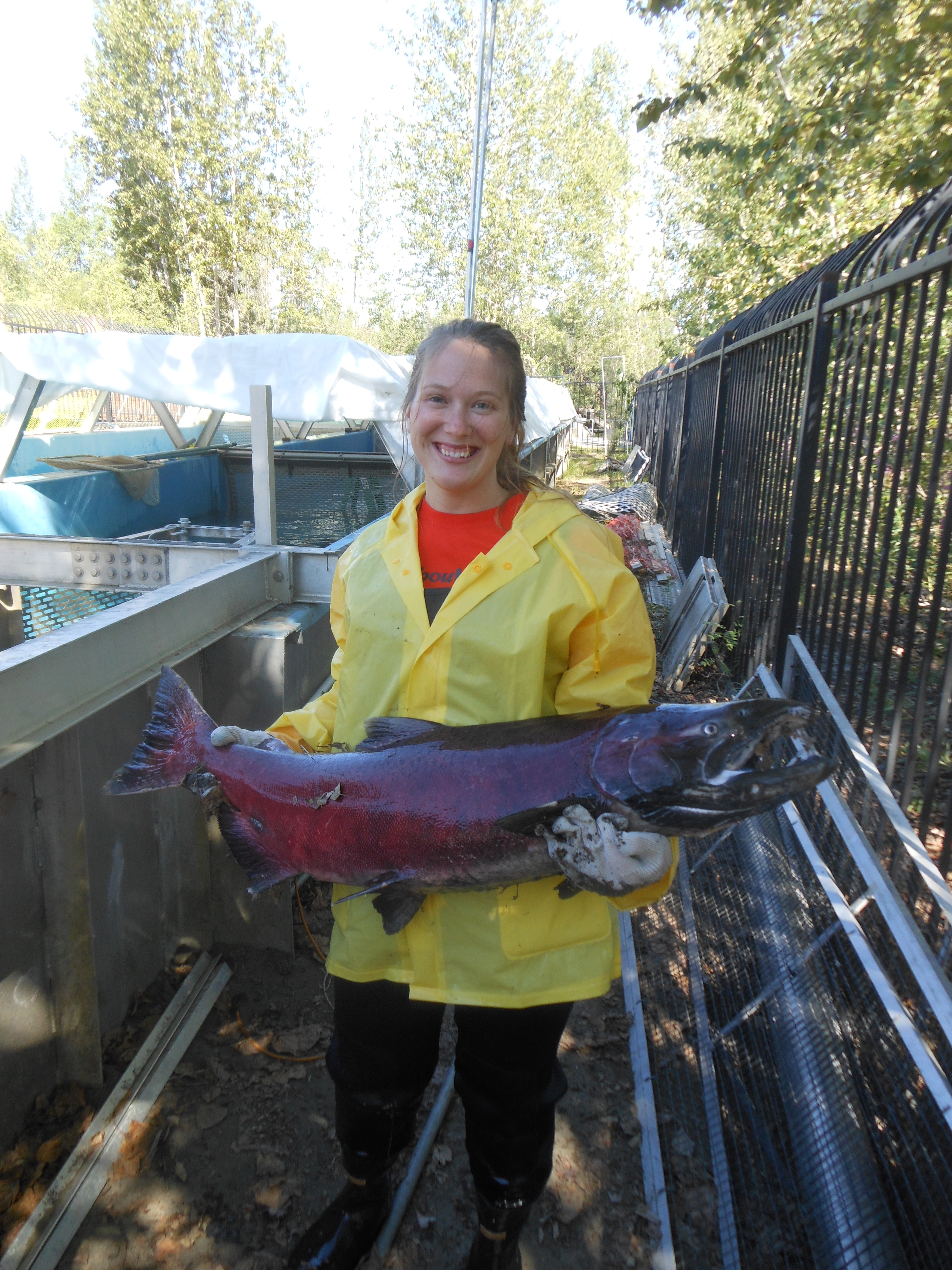By Mara Lorch
The Monkey Wrench Gang: Dill grows scraggily; its leaves fluff out like a tender, flattened thread, and the hollow stems echo out a dull, juicy “crack” when broken off the plant during harvest. This fresh, herbal scent that filled the August air around me became indelibly linked to Edward Abbey’s iconic novel. Listened to as an audiobook, his comic, anarchic story of environmentalism in a changing desert played out into the warm air, mixing with the “pops” of the aromatic dill breaking from the stem, wafting into the raven’s whooshing air.
Scenes from the book (destruction of dam- and road-building machinery, billboards blazing in flame by highways, fugitives hiding among rocks and trees) fill my mind as I crush the dried dill in between my fingertips now, letting it fall into the bubbling soup below.
The Score: We left behind Montana’s lime green spring in search of Utah’s red rock. The CD selection was limited: only what the small center console could fit, so the Fugees sang to us often. (My road trip partner remembered to pack a machete (for the coconut), but didn’t remember—he realized well after the second listen of the album—any shirts (besides the Hawaiian one on his back)).
Melodic hip-hop bounced off the orange landscape as we wound the car through the desert brush, hushed in high noon heat.
The River Why: Within its creased, yet cared for, paperback cover, the words of David James Duncan have washed over me, as smooth and turbulent as water flowing across a pebbled streambed, lengthening its reach across my mind each read.
My version of this fisherman story at a creek-side cabin has been adapted now after so many reads, blending with my memories. When I think of fictional Gus’ life on the Oregon coast, flashes of my own life (settling into my first home after leaving home, pain following knee surgery, stories from friends hiking across Norwegian islands with only this book and drying mackerel to keep them company) play out alongside his water-driven life.
Scientific Progress Goes “Boink”: Black and white cartooned pages pop out against the colorful couch, the air spiced with curry and daquiris.
The book’s edges are rounded at the bottom where they rested on my chest, corners folded, as I lay on the futon in the funky yellow living room of my first college house laughing at the philosophical trouble a striped tiger and spiked boy got into at every turn. The couch’s wooden frame would creak below me as I tittered at Bill Watterson’s comics below a picture window (of the ordinary—trees and trucks and fences—that the boy, Calvin, came to remind me may be extraordinary) on Tenth Street.
Jitterbug Perfume: At spring’s first opportunity, I hauled out a blanket to lay on the tired grass, still flat from winter’s white weight. A meandering stitch sewed into the comforter’s yellow and scattered flower fabric flashed me back to laying on the same blanket as a toddler, watching my pudgy finger trace the swirling thread in a light yellow room. Years later, I’d do the same in the light yellow grass.
Under the backyard sunshine and shaded stripes from alleyway powerlines, Tom Robbins’ kooky novel fuzzed my head as bees buzzed the garden bed, crashing past and present together simultaneously on the pages and in my mind as I read,
“The fragrance of a memory can linger long after the moment has passed.”





